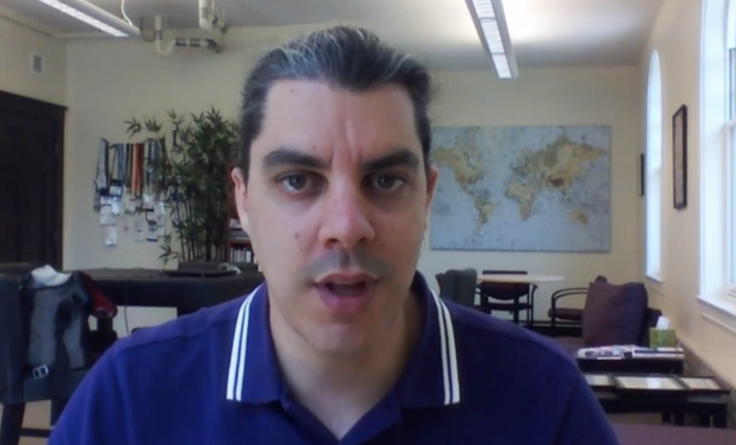Tor Project Will Only Grow if Facebook, Google or Twitter Take it Over

The executive director for the Tor Project believe the privacy-focused network will only gain widespread adoption if a big company like Facebook or Google takes it over.
Known as the deep web or the dark web, the hidden part of the internet only accessible through special software developed by the Tor Project has become mainstream news in the last 12 months - and mostly for the wrong reasons.
From the takedown of underground drugs marketplace Silk Road, to Edward Snowden's revelations that the NSA and GCHQ are actively working to undermine the technology that anonymises traffic on the network.
Despite this (or maybe because of it) the Tor Porject is growing in popularity and its executive director Andrew Lewman has revealed that the network has 2.5 million users at any one time and that the Tor software has been downloaded over 150 million times.
Life or death
Speaking to the BBC, Lewman said:
"Hundreds of millions of people are now relying on Tor. In some cases in life and death situations. And that's what we pay attention to. We would be very sad if anyone was arrested, tortured and killed because of some software bug or because of some design decision we made that put them at risk."
Speaking to the Guardian, Lewman admitted that of course criminals use the technology, but added that Tor was used by "millions, if not hundreds of millions, of normal, average everyday people who just want to protect their privacy online."
Recently electronic music artist Aphex Twin launched its new album on a website only accessible through Tor, attracting over 130,000 views in just 24 hours.
Not ready for primetime
But Lewman says that Tor is not yet ready to go much more mainstream. "If tomorrow, Taylor Swift said 'to all my hundreds of millions of fans, go to this [Tor] address', it would not work well," he told the Guardian.
The open source Tor Project is run by a not-for-profit foundation that doesn't have the resources to support the network as it gets ever bigger.
The solution, as Lewman sees it, is for a big company to come along, take over development of the technology and bring it to a much bigger audience:
"If Google or Facebook or Twitter or [Russian social network] VKontakte or [Chinese social network] QQ or one of these massive internet companies said "hey let's look at Tor, what could we do to deploy Tor on our own networks, integrated into our own products", they've got a lot of really smart people. They'll figure it out."
© Copyright IBTimes 2025. All rights reserved.





















